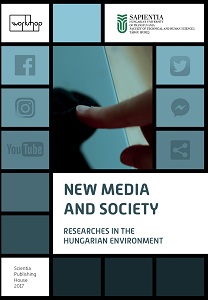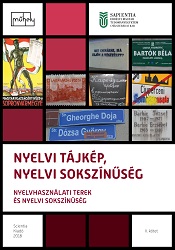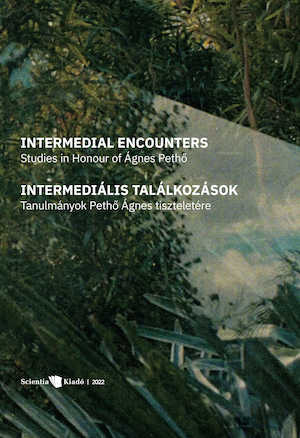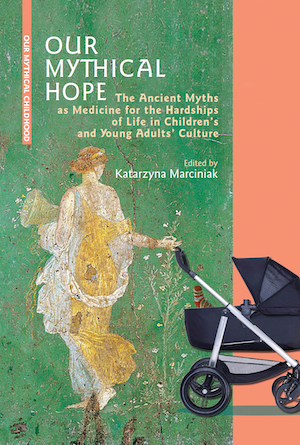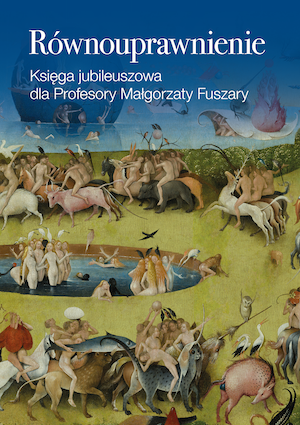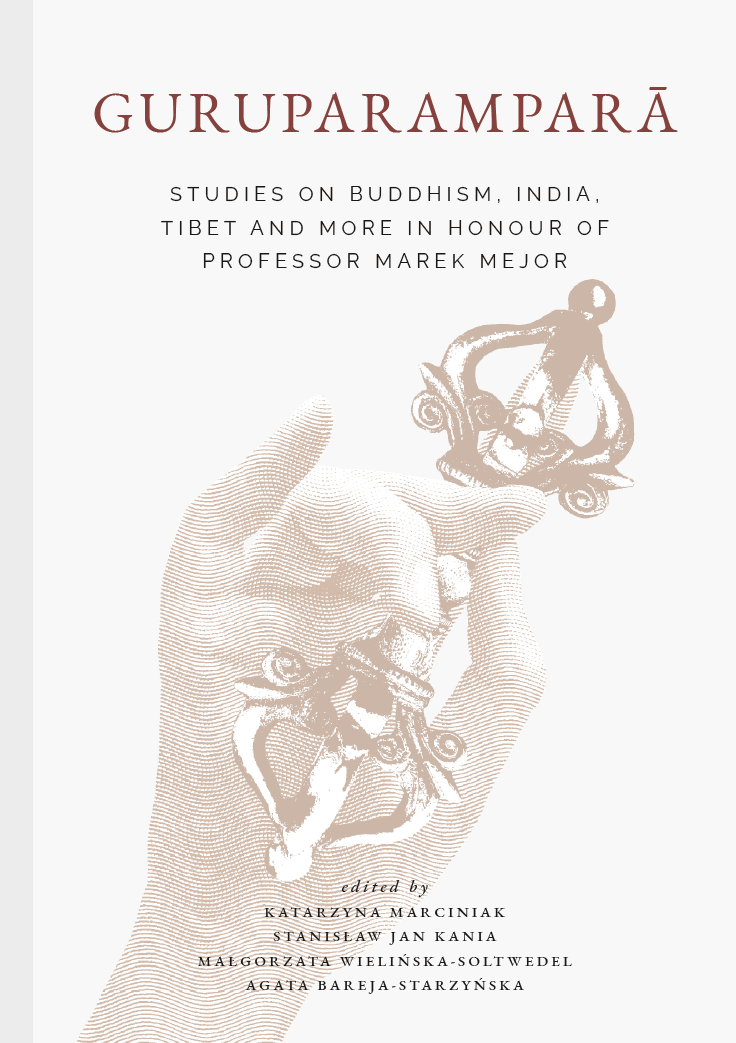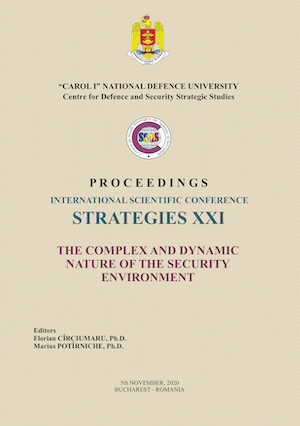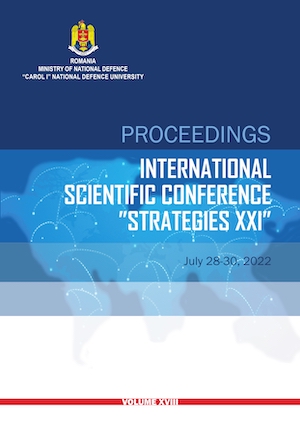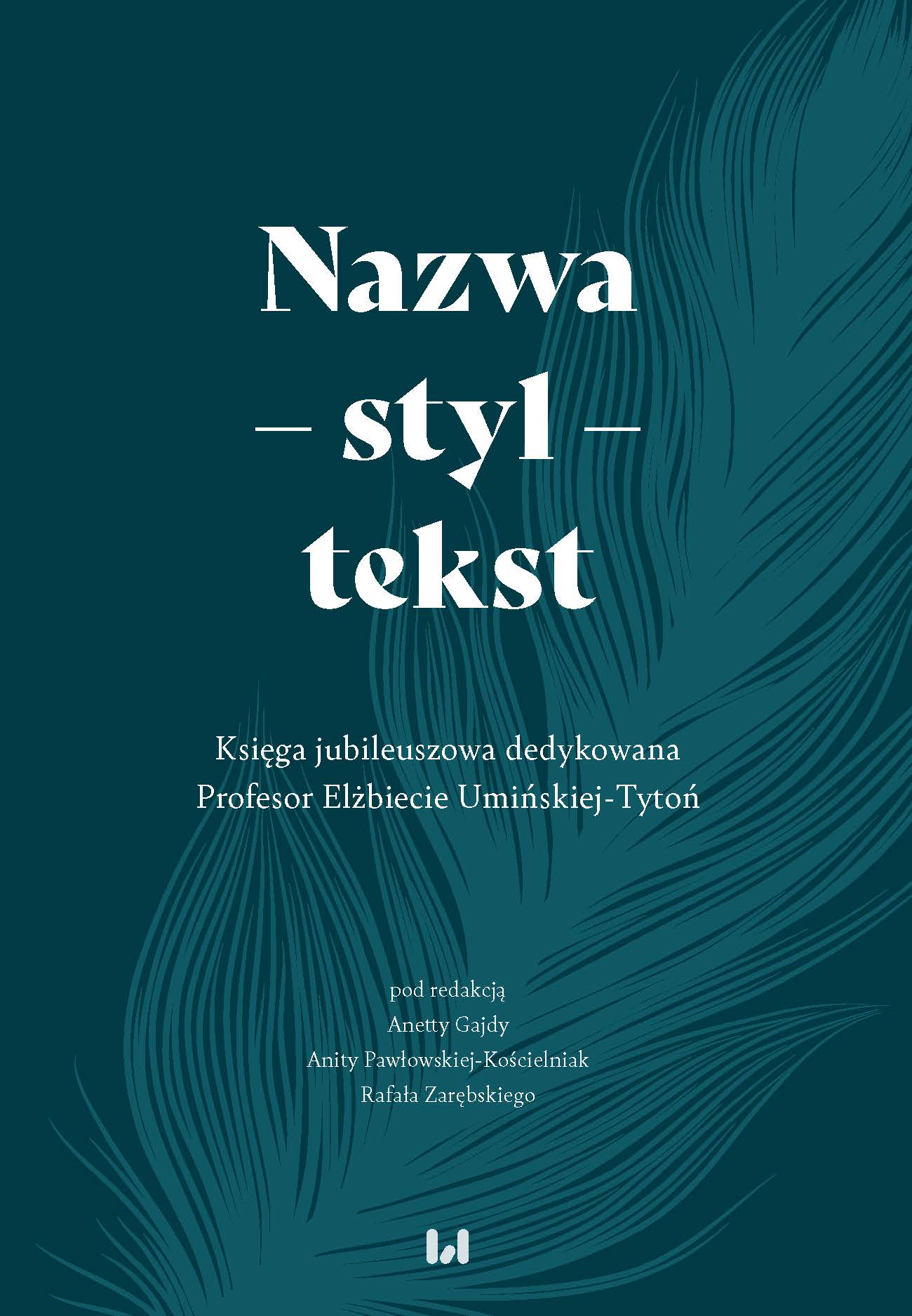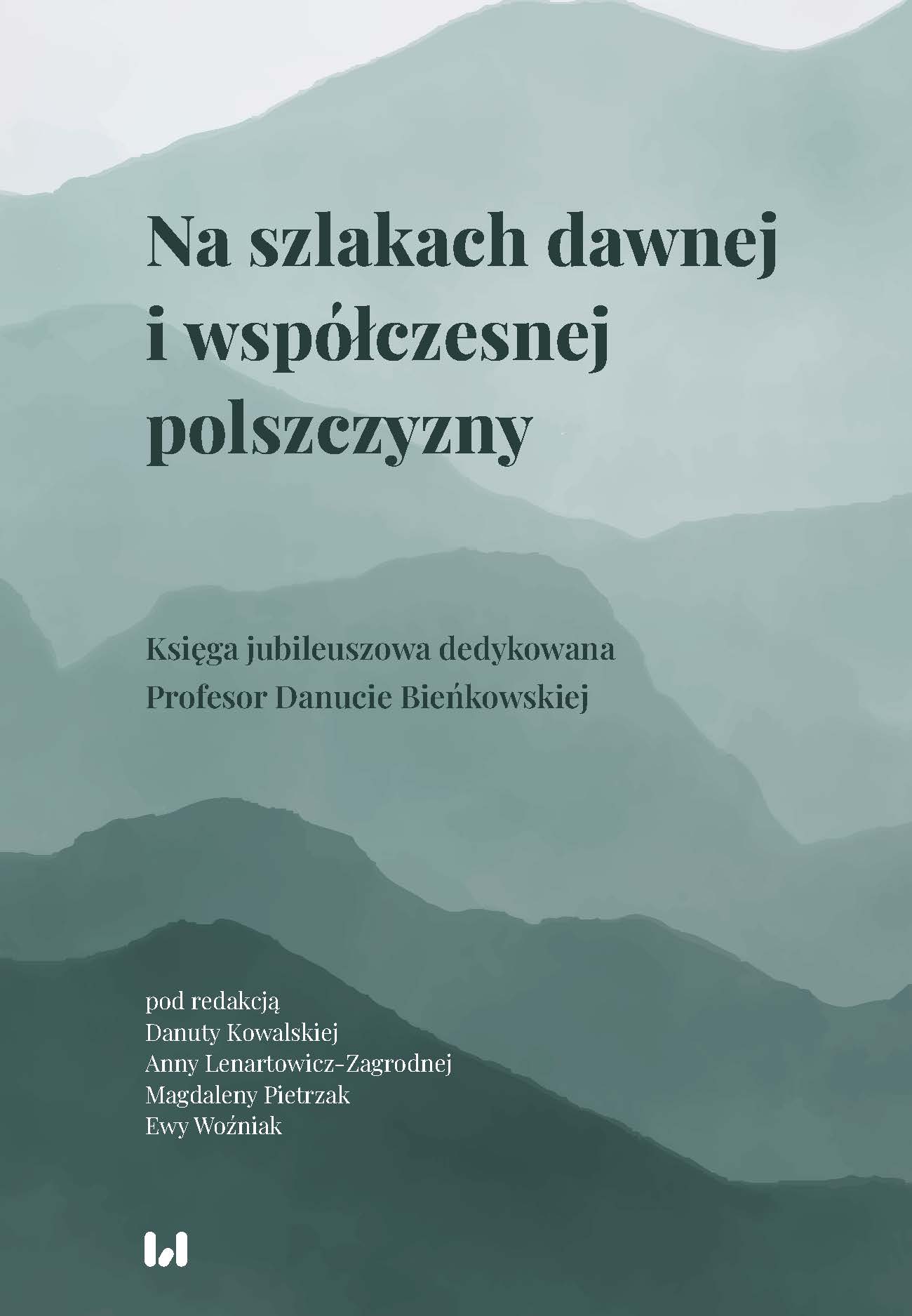THE POTENTIAL OF STRATEGIC COMMUNICATION
IN THE PURSUIT OF NATIONAL SECURITY OBJECTIVES
Author(s): Iulia-Alexandra COJOCARU / Language(s): English
/ Publication Year: 0
Keywords: strategic communication; vulnerabilities; countering hybrid threats; resilience;
Under the assumption that communication is the most convenient way to know and understand the world we live in, this paper focuses on the importance of effective strategic communication, in line with the national security objectives. The potential of the communication process in achieving the desired effects has long been exploited by organizations and businesses. Nowadays, the actors in the international arena use this potential to pursue their own interests, giving rise of new threats, which in terms of security are placed under the umbrella of hybrid threats (propaganda, disinformation, fake news etc.). It is, therefore, necessary to develop new ways of combating such threats, adapted to the contemporary security environment, and to the security trends brought by current phenomena that the world is facing - such as globalization or technological advances. In this respect, international organisations such as NATO or the EU – at the regional level –, and states – at the national level –, shall endeavour to develop a framework for effective use of strategic communication. Thus, the paper aims to present solid arguments regarding the potential of strategic communication in supporting a state’s instruments of power pursuing national security objectives, when it is conceived in an effective manner. The paper also emphasizes the benefits that an efficient strategic communication process can bring to a state’s society, compared to the negative effects that the lack of it brings to other ones.
More...
